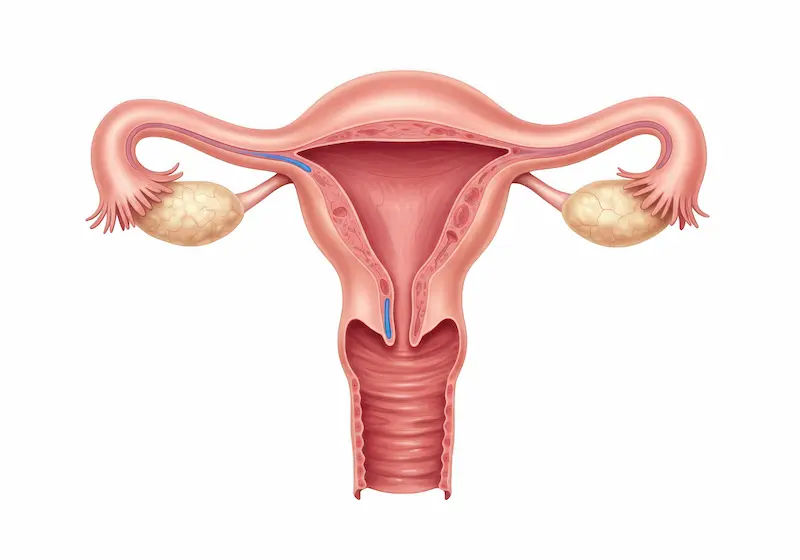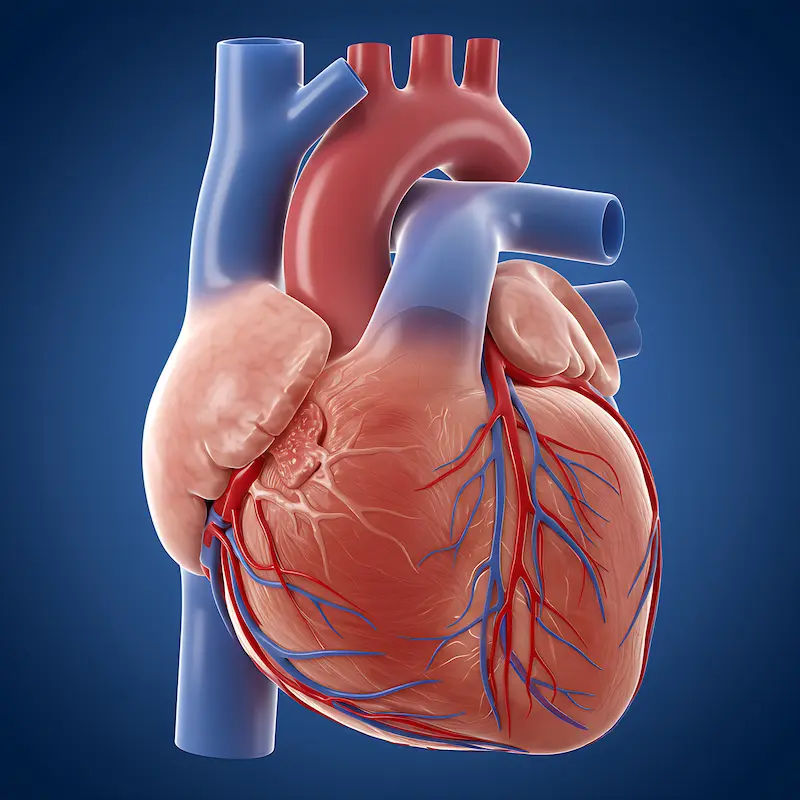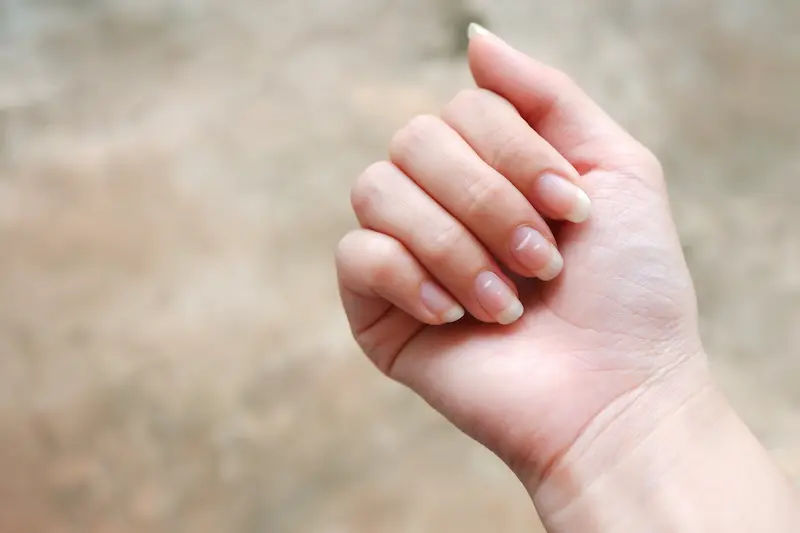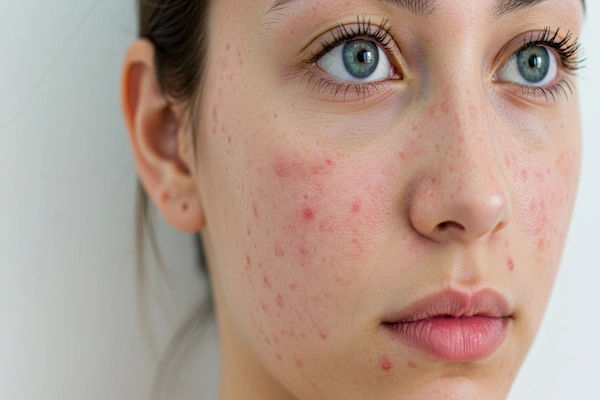Achyranthes Aspera (Chaff Flower): Ayurvedic Uses and Benefits
Learn about chaff flower benefits, how this ayurvedic herb is traditionally used, what science says, and smart safety tips before trying it.

Written by Dr. Siri Nallapu
Reviewed by Dr. D Bhanu Prakash MBBS, AFIH, Advanced certificate in critical care medicine, Fellowship in critical care medicine
Last updated on 13th Jan, 2026
%20Ayurvedic%20Uses%20and%20Benefits.webp?tr=q-80,f-webp,w-350,dpr-2,c-at_max 700w)
Introduction
Herbal wellness has seen a surge in interest, and with it, many people are exploring time-tested plants for gentle support. One ayurvedic herb you may hear about is Achyranthes aspera, commonly called chaff flower and known in Ayurveda as Apamarga. People often search for “chaff flower benefits,” especially for digestion, skin, and respiratory support. In this guide, you’ll learn how chaff flower is used in Ayurveda, what modern research does (and doesn’t) show, and how to use herbal products safely.
What Is Achyranthes Aspera?
Achyranthes aspera is a small, hardy plant commonly found in parts of Asia and Africa. In Ayurveda, it is called Apamarga and various parts of the plant, leaves, seeds, roots, and the whole plant, have been used traditionally. You might find it sold as powder (churna), decoction (kadha), liquid extract, or in specialised Ayurvedic preparations guided by trained practitioners.
Why Do People Look For Chaff Flower Benefits?
- Traditional roots: This ayurvedic herb has a long history in Ayurvedic texts and practice.
- Broad traditional uses: It has been described for digestive comfort, respiratory health, skin and wound care, and urinary support.
- Gentle options: Many people prefer plant-based approaches alongside healthy lifestyle changes.
Traditional Ayurvedic Uses Of This Ayurvedic Herb
In Ayurveda, herbs are selected to balance the body’s doshas and support specific systems. Common traditional uses mentioned for Apamarga include:
- Digestive support: Occasional bloating, gas, and sluggish digestion
- Respiratory support: Seasonal cough or congestion
- Skin and wound care: Cleansing and supporting healthy skin
- Urinary support: Promoting healthy urine flow
- Specialised procedures: In Ayurvedic surgical practice, an alkaline preparation from Apamarga (called kshara) is used by trained practitioners for specific conditions
These uses reflect Ayurvedic tradition and practitioner experience. They should not replace professional medical care for serious or persistent symptoms.Consult a Top General Physician
What Modern Research Says and What it Doesn’t?
- What we know: Preclinical research (lab and animal studies) has explored potential properties such as anti-inflammatory, antimicrobial, and metabolic effects for Achyranthes aspera. These early findings are hypothesis-generating.
- What we don’t know: There is a lack of high-quality clinical trials in humans to confirm specific health benefits, ideal dosing, or long-term safety.
- What this means for you: While traditional use is longstanding, modern evidence is not sufficient to claim proven effectiveness for specific conditions. If you choose to try chaff flower, do so carefully and in conversation with a qualified clinician or Ayurvedic practitioner.
Potential Chaff Flower Benefits: A Practical, Cautious View
- People often ask about chaff flower benefits for common issues. Here’s a balanced, evidence-aware overview:
- Digestive comfort (traditional): In Ayurveda, Apamarga is used to support appetite and digestion when used appropriately by a practitioner. Modern human studies are limited.
- Respiratory wellness (traditional): It’s historically used in seasonal respiratory support. Strong human evidence is lacking; do not use it to self-treat asthma or serious breathing problems.
- Skin and wound support (traditional): Used traditionally for cleansing minor skin concerns.
- Modern wound care has established, proven options; seek medical care for non-healing or significant wounds.
- Metabolic health (emerging, preclinical): Animal and lab studies have explored effects on blood sugar and lipids. This does not establish benefit in humans; don’t change any diabetes or cholesterol treatment without your clinician’s guidance.
- Joint comfort (emerging, preclinical): Anti-inflammatory activity has been explored in non-human studies. Human evidence is insufficient to recommend it for arthritis or chronic pain.
How Do People Use It in Ayurveda?
Always work with a qualified practitioner for individualised care. General forms include:
- Churna (powder): Traditionally mixed with warm water or honey; the dose depends on the person and purpose.
- Decoction (kadha): A water-based preparation made by simmering plant material.
- Liquid extracts or capsules: Standardisation varies by manufacturer.
- Topical use: Only under guidance. Do not apply unverified products to open wounds or sensitive areas.
There is no universally established “standard dose” for Achyranthes aspera. Product strengths and preparations vary widely.
Safety, Side Effects, And Interactions
Because rigorous human data are limited, play it safe.
Possible side effects
- Stomach upset, nausea, or loose stools (especially with higher doses)
- Skin irritation with topical use
- Allergic reactions are possible with any plant product
Who Should Avoid Or Be Extra Cautious?
- Pregnancy and breastfeeding: Avoid, due to insufficient safety data
- Children: Use only if a pediatric clinician explicitly recommends it
- People with chronic conditions: Especially those with diabetes, kidney disease, liver disease, bleeding disorders, or respiratory disease, speak with your clinician first
- Before surgery: Stop all nonessential supplements at least 2 weeks before a scheduled procedure, unless your surgeon advises otherwise
Potential Interactions
- Blood sugar medicines: Herbal products with metabolic effects can potentially affect glucose control
- Blood pressure medicines: Theoretical changes in blood pressure are possible
- Anticoagulants/antiplatelets: Herbs may affect bleeding risk; discuss with your clinician
- Diuretics: If a product has diuretic effects, it may compound medication effects
Choosing Quality Products
Herbal Quality Varies Greatly. To Reduce Risk:
- Check the Latin name: Look for Achyranthes aspera L. on the label
- Choose third-party tested brands: Look for USP, NSF, or ConsumerLab verifications where available
- Avoid exaggerated claims: “Cures,” “guaranteed results,” or weight-loss promises are red flags
- Start low, go slow: Try the lowest effective amount, and monitor how you feel
- Keep a list: Share all supplements with your healthcare team to check interactions
Smart Ways to Combine Tradition and Modern Care
- Use herbs as part of an overall healthy lifestyle: nutrition, sleep, stress management, and physical activity
- See an Ayurvedic practitioner trained and licensed/registered in your region
- For ongoing symptoms, get a medical evaluation before self-treating
When to Seek Medical Care?
- Persistent cough, wheezing, chest pain, or shortness of breath
- Fever, severe abdominal pain, vomiting, or blood in stool
- Non-healing wounds, spreading redness, or signs of infection
- Dizziness, fainting, or unusual bleeding/bruising
- Any new or concerning symptoms after starting an herbal product
Bottom Line
Achyranthes aspera (chaff flower) is a respected ayurvedic herb with a long history of traditional use. Interest in chaff flower benefits is understandable, but modern human studies are limited, and the quality/safety of over-the-counter products can vary. If you choose to try it, do so thoughtfully: consult your healthcare provider, prioritise product quality, and use it as part of a broader plan for your health, never as a substitute for needed medical care.
Consult a Top General Physician
Consult a Top General Physician

Dr. Jawwad Mohammed Kaleem
General Practitioner
4 Years • MBBS
Hyderabad
Apollo 24|7 Clinic, Hyderabad

Dr. Rohinipriyanka Reddy
General Practitioner
9 Years • MBBS
Hyderabad
Apollo 24|7 Clinic, Hyderabad

Dr. Rajib Ghose
General Physician/ Internal Medicine Specialist
25 Years • MBBS
East Midnapore
VIVEKANANDA SEBA SADAN, East Midnapore

Dr. Ashmitha Padma
General Physician/ Internal Medicine Specialist
5 Years • MBBS, MD Internal Medicine
Bengaluru
Apollo Hospitals Jayanagar, Bengaluru

Dr. Ajay K Sinha
General Physician/ Internal Medicine Specialist
30 Years • MD, Internal Medicine
Delhi
Apollo Hospitals Indraprastha, Delhi
(200+ Patients)
Consult a Top General Physician

Dr. Jawwad Mohammed Kaleem
General Practitioner
4 Years • MBBS
Hyderabad
Apollo 24|7 Clinic, Hyderabad

Dr. Rohinipriyanka Reddy
General Practitioner
9 Years • MBBS
Hyderabad
Apollo 24|7 Clinic, Hyderabad

Dr. Rajib Ghose
General Physician/ Internal Medicine Specialist
25 Years • MBBS
East Midnapore
VIVEKANANDA SEBA SADAN, East Midnapore

Dr. Ashmitha Padma
General Physician/ Internal Medicine Specialist
5 Years • MBBS, MD Internal Medicine
Bengaluru
Apollo Hospitals Jayanagar, Bengaluru

Dr. Ajay K Sinha
General Physician/ Internal Medicine Specialist
30 Years • MD, Internal Medicine
Delhi
Apollo Hospitals Indraprastha, Delhi
(200+ Patients)
More articles from General Medical Consultation
Frequently Asked Questions
1. What is chaff flower used for in Ayurveda?
In Ayurveda (where it’s known as Apamarga), it has traditional uses for digestion, respiratory comfort, skin cleansing, urinary support, and in specialised procedures performed by trained practitioners. These are traditional indications; they are not the same as proven medical treatments.
2. Is there strong scientific evidence for chaff flower benefits?
Not yet. Most research is laboratory or animal-based. High-quality clinical trials in humans are limited, so no specific health claims can be made with confidence.
3. Is chaff flower safe during pregnancy or breastfeeding?
Because safety data are insufficient, it’s best to avoid Achyranthes aspera during pregnancy and breastfeeding unless your obstetric clinician specifically advises otherwise.
4. Can chaff flowers help with weight loss or blood sugar?
Some animal studies explore metabolic effects, but this does not prove benefit in humans. Do not use it to replace prescribed treatments for diabetes or to pursue weight loss. Discuss any supplement use with your clinician.
5. Is chaff flower the same as niuxi used in Traditional Chinese Medicine?
No. Niuxi in Traditional Chinese Medicine usually refers to Achyranthes bidentata, a related but different species. Always check the exact Latin name on product labels to avoid confusion.




